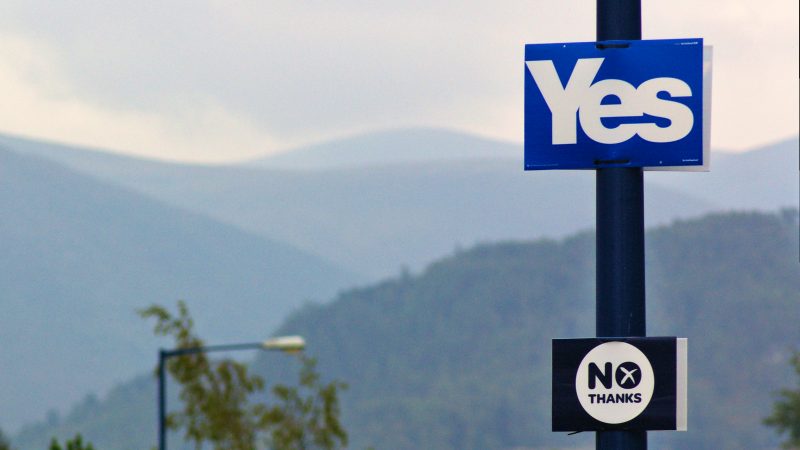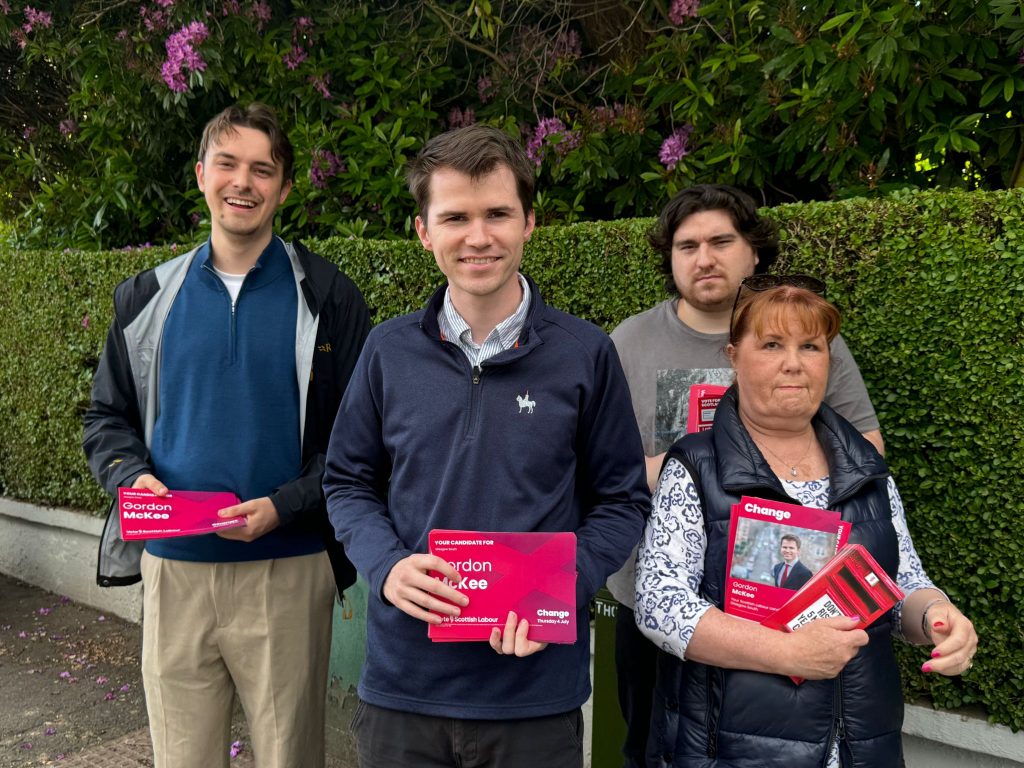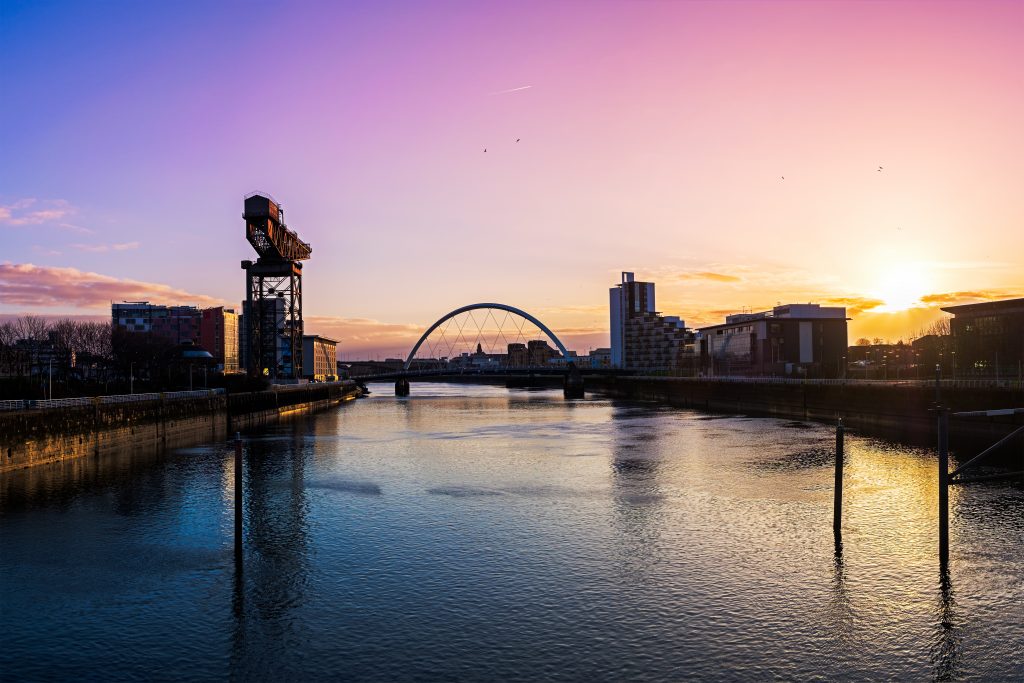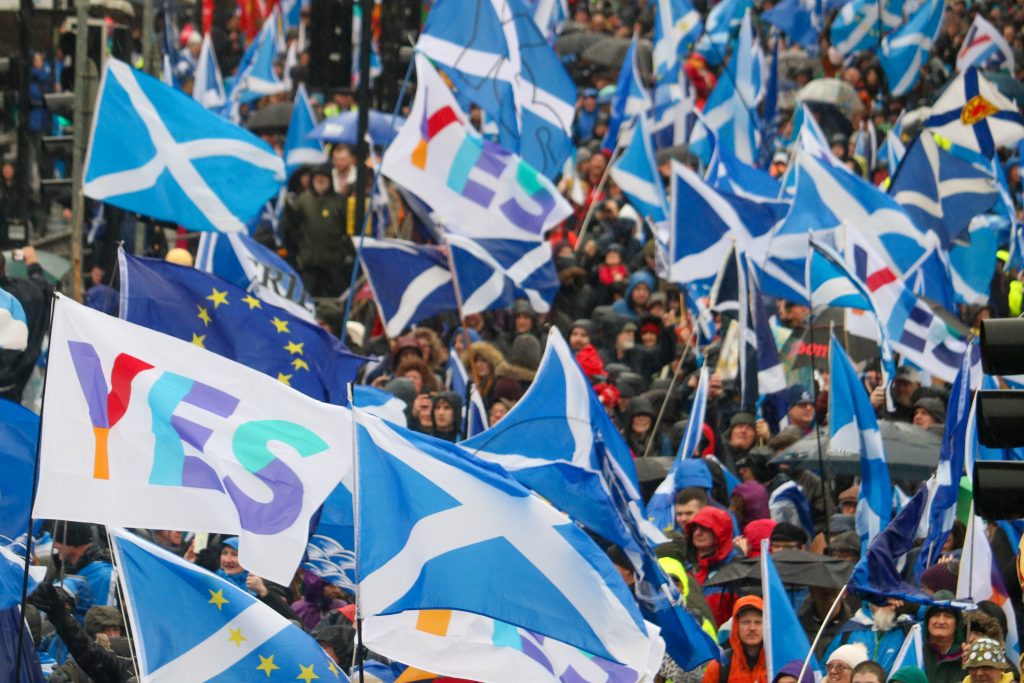
A decade on from a referendum which split Scotland in half, the question around independence continues to divide the nation.
It was ten years ago today that Scots rejected the proposal to break away from the United Kingdom in a close-run campaign, which saw support for independence rise from 28 percent at the start of the year to 49 percent within days of voters going to the polls.
The fallout of the result was cataclysmic for Labour, being almost wiped out by the SNP at the general election the following year, and being pushed to third in the Holyrood election in 2016.
It is only now, ten years later, that Labour have managed to return to a position of strength in Scotland, as an embattled SNP was cut to just nine seats in Westminster.
Scotland’s largest city, Glasgow, was one of the four areas to narrowly vote in favour of independence – 51 percent to 49, and was one of the Labour strongholds swept aside by the SNP following the referendum. A decade later, Labour MPs have been elected across the whole city once again, with an almost 12-point lead over the SNP at the summer election (44 percent to 32.3 percent).
‘We can and must deliver on that mandate for change’

Among those is Gordon McKee, MP for Glasgow South, defeating the SNP’s defence spokesman in Westminster Stewart McDonald by just over 4,000 votes. His eyes are firmly fixed on delivering the change people voted for in July, rather than looking back at the past.
He said: “The independence referendum both feels like yesterday and a million years ago, but I want to focus on the future.
“In the ten years since 2014, people have been let down by bad governments in Westminster and in Holyrood but, after the election result in July, we finally have the chance to change that.
“The people of Scotland voted for a fresh start with 37 new Labour MPs and a Labour government across the UK. We can and must deliver on that mandate for change.
“Scotland’s best days lie ahead of us and I want to use my new position as a Labour MP to help build our collective future.”
‘Glasgow remains disproportionately pro-independence’

In their analysis of the election result in Glasgow, Mark McGeoghegan, political researcher at the University of Glasgow, said that the results reflected the breakdown in party loyalty seen since the referendum.
He said: “The stability of Scottish politics since 2015 has been rooted not in party loyalty, but in loyalty to a constitutional camp. Less than a fifth of Scottish voters have a strong party identification, but more than two-fifths have a strong identification with a position on independence, Brexit or both.
“While independence certainly was not the defining issue of this election, 43 percent of Glasgow’s voters voted for pro-independence parties, more than the 34 percent Scotland-wide.
“It would be tempting to slot Glasgow into a very tidy, simplistic story of Labour resurgence across Scotland. But, while Labour’s Glasgow comeback should not be understated, the election results instead paint a picture of a city that remains disproportionately pro-independence and a city whose politics is, and will almost certainly remain, highly competitive.”
‘Support for independence has remained roughly where it was’

Despite the SNP’s electoral highs and lows over the last ten years, polling for independence has remained largely stagnant since the referendum, with some narrowing and widening at times. Even through the turbulent Brexit negotiations, which saw the SNP attempt to whip up support for a second referendum, YouGov’s Scottish independence tracker maintained a lead for no.
Patrick English, director of political analytics at YouGov, said: “In the ten years since the Scottish independence referendum, support for independence has remained roughly where it was in 2014. In our most recent poll, 44 percent of Scots said they would vote for independence in a future referendum, while 56 percent would vote to remain in the UK.”
FROM THE ARCHIVE: ‘The nationalists set out to divide the Union but all they’ve done is divide Scotland’
While support for separation is concentrated among SNP voters, with 82 percent backing independence in YouGov’s latest poll, one in five Scots who voted Labour in July said they would vote yes in a second referendum.
English also explained that there is a strong generational divide in support for independence and said: “Younger people, including those who have reached voting age in the years since the referendum, lean towards independence. Four in ten 16-24 year-olds say they would vote yes to Scotland leaving the UK, while three in ten would vote against such a proposal.
“Support for the union is strongest among older people, with 54 percent of 50-64 year-olds backing remaining in the UK along with 66 percent of the over 65s.”
The independence question in the long term future
Independence was far from being the number one issue for many Scots at the general election, ranking as the fifth priority in polling running up to July 4; behind the NHS, the cost of living, the state of the economy and immigration. YouGov’s poll to coincide with today’s anniversary shows that around half of Scots (51 percent) would not like to see a second vote on independence within the next five years.
However, opinion is more split on a second referendum in the next ten years, with 43 percent believing there should, compared to 40 percent disagreeing. Similarly, 45 percent of Scots believe that Scotland is likely to be an independent country within the next 50 years, with 31 percent believing it to be unlikely.
While Scottish voters may have rejected the pro-independence SNP in favour of Labour at the general election, the question of independence looks set to remain one that will continue to play a factor in the nation’s politics for the years and decades to come.
READ MORE: Sign up to our must-read daily briefing email on all things Labour
SHARE: If you have anything to share that we should be looking into or publishing about this story – or any other topic involving Labour– contact us (strictly anonymously if you wish) at [email protected].
SUBSCRIBE: Sign up to LabourList’s morning email here for the best briefing on everything Labour, every weekday morning.
DONATE: If you value our work, please donate to become one of our supporters here and help sustain and expand our coverage.
PARTNER: If you or your organisation might be interested in partnering with us on sponsored events or content, email [email protected].




More from LabourList
‘If Labour is serious about upskilling Britain, it must mobilise local businesses’
Stella Tsantekidou column: ‘What are we to make of the Labour Together scandal?’
Unitarisation risks weakening local democracy unless communities are put in the driving seat’